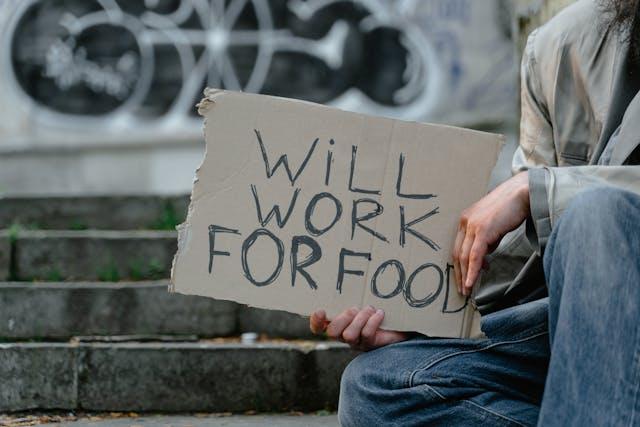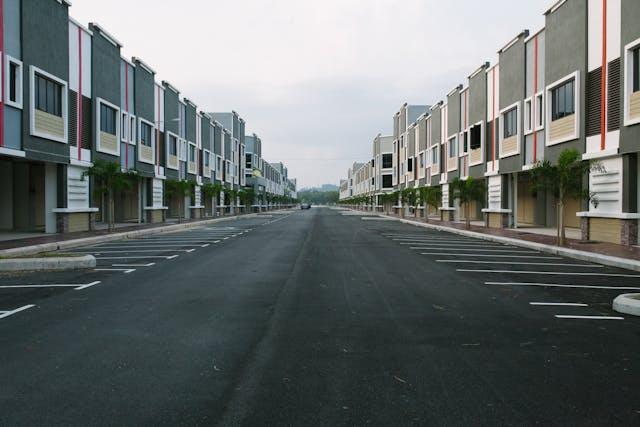
NEARLY two weeks ahead of the crucial gubernatorial recall election in California, community leaders in Los Angeles County are ramping up efforts to mobilize and inform its diverse communities to participate at the polls.
In a nonpartisan virtual town hall on Tuesday, Aug. 24, a diverse array of electoral officials as well as religious and civil rights leaders unpacked the significance of the possible recall and agreed that this election is an opportunity for historically disenfranchised communities of color to have their voices heard.
LA County has about 5.7 million registered voters, which is not only the largest voting jurisdiction in the state, but in the country as well. That means that the county accounts for more than 20% of the entire state’s voting population (22 million, according to the California Secretary of State’s Office).
“This recall election is a wakeup and call to action. If we want our voices to be heard, we have to go out and show it at the ballot box. We saw in the past what happens when we have elected officials who don’t care about us and are willing to scapegoat us,” Connie Chung Joe, CEO of Asian Americans Advancing Justice — LA, said on Tuesday.
As previously reported in the Asian Journal, the results of the 2020 Census reveal a far more diverse population in the country and in California, where white Americans are no longer the majority racial group and the Black, Asian and Latino communities — and, by extension, their individual electorates — are increasing.
While special elections typically don’t garner as much voter turnout as midterm or general elections, LA County as a voting bloc can make all the difference in what is turning out to be one of the most crucial statewide elections in recent history.
Though undocumented immigrants aren’t permitted to vote, immigrant rights advocates like Shiu-Ming Cheer — deputy director of programs and campaigns at the California Immigrant Policy Center — want to remind that voters have the power to elect officials who are responsible for the policies that affect undocumented immigrants.
“If we do want to see progress, for instance, around legislation that improves access to health care for all regardless of immigration status, then we have to understand that this is the moment where it’s really important to look at what’s going to happen through elections,” Cheer said.
She continued, “We’re all affected by who’s in office, and also at the same time, regardless of who the governor ends up being, we will continue to move forward as a strong, powerful immigrant rights movement.”
As the state becomes more and more ethnically and racially diverse, gubernatorial elections become more consequential. As a state that is a major port of entry for immigrants across the world, the policies approved by a governor have a profound effect on a community of undocumented individuals who don’t even get to participate in elections.
“It’s important for individuals to understand that 27% of the population in California is actually immigrants,” Angelica Salas, executive director for the Coalition for Humane & Immigrant Rights LA (CHIRLA). “When we talk about our children, close to 50% of all Californian children are the sons and daughters of immigrants, so what is important for California is important to our immigrant communities.”
On Aug. 16, voters began receiving vote-by-mail ballots, which has become the more preferred method of voting for Californians since the beginning of the COVID-19 pandemic. The 2020 general election saw a sharp uptick of voters who voted by mail or utilized the many certified drop-off boxes in the county.
“We have received 495,000 returned vote-by-mail ballots, almost 9%. So the ballots are rolling in and people are utilizing the various methods for return,” said Jeff Klein, outreach manager for the LA County Registrar-Recorder and County Clerk’s office.
“In November, we had a significant jump in vote-by-mail ballots as all voters received mail-in ballots, and that will continue for the recall election and elections moving forward,” Klein explained. “We believe it is the primary way that people will cast their ballot.”
Klein added that for those who plan to vote in person, polling stations will adhere to strict masking, social distancing and sanitization methods to ensure safety while voting.
For more information about voting in LA County and registration, visit the county’s website: www.lavote.net.






